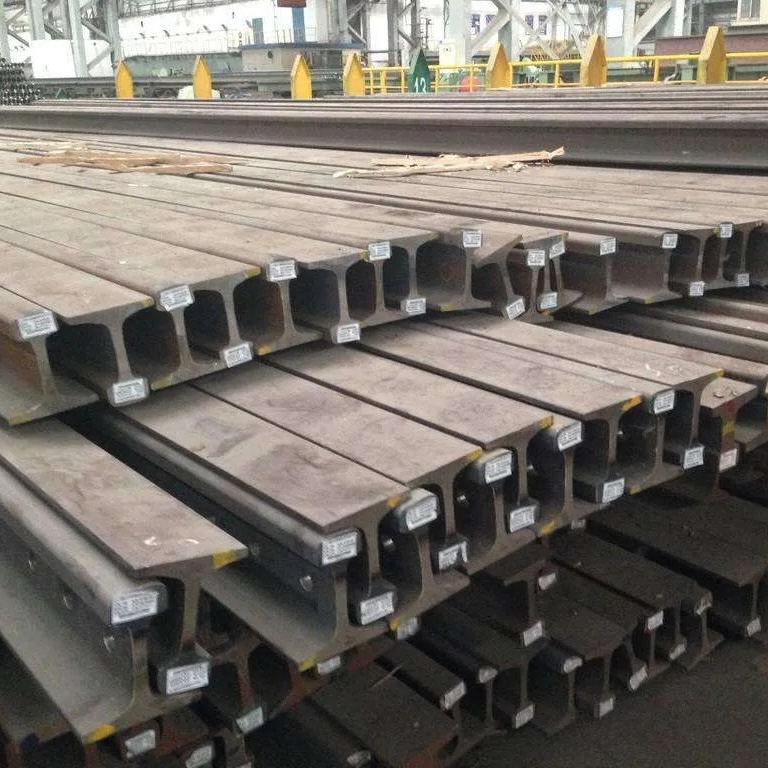
Used Rail Scrap (R50)
Product Name: Used Rail Scrap (R50)
Standard: R50 (GOST 7173-75)
Material Composition: High-quality carbon steel
Weight: 50 kg/meter
Length: Typically available in 12-meter standard lengths or cut to customer specifications
Tensile Strength: 713 N/mm² (minimum)
Origin: Germany
Packaging: Bulk shipments, typically loaded in containers or secured on flatbed trailers
Contaminants: Free from cracks, bends, excessive rust, and other structural defects
Density: High-density steel suitable for melting and reprocessing
Recyclability: 100% recyclable for use in new steel production
Environmental Compliance: Processed following Germany’s strict environmental and recycling regulations
Certification: Compliant with international recycling and material standards (ISRI 27-29)
Description
Used Rail Scrap (R50) consists of decommissioned railway tracks made from high-quality carbon steel, originally manufactured according to international standards for rail infrastructure. The R50 rail type refers to rails with a standard weight of 50 kilograms per meter, designed for durability and high tensile strength. These used rails, sourced from Germany, are free from significant rust, cracks, and other structural defects, making them ideal for recycling and reprocessing in various heavy industries. The scrap is collected from decommissioned railway lines and undergoes thorough inspection and sorting to ensure compliance with global quality standards.
Application:
Used Rail Scrap (R50) is highly valued in multiple industries due to its strength, density, and recyclability:
- Steel Manufacturing: Commonly used as raw material in steel mills and foundries to produce new steel products.
- Construction Industry: Recycled into beams, rebar, and structural steel components for buildings, bridges, and infrastructure projects.
- Shipbuilding & Heavy Machinery: Reprocessed into parts for ships, containers, and industrial equipment.
- Automotive Industry: Used in the fabrication of vehicle frames, heavy-duty parts, and machinery.
- Metal Fabrication: Suitable for manufacturing tools, pipes, and machinery components.
- Recycling Industry: Plays a key role in sustainable steel production by reducing reliance on raw iron ore.
- Infrastructure Development: Utilized in large-scale civil engineering projects requiring strong and durable steel materials.
